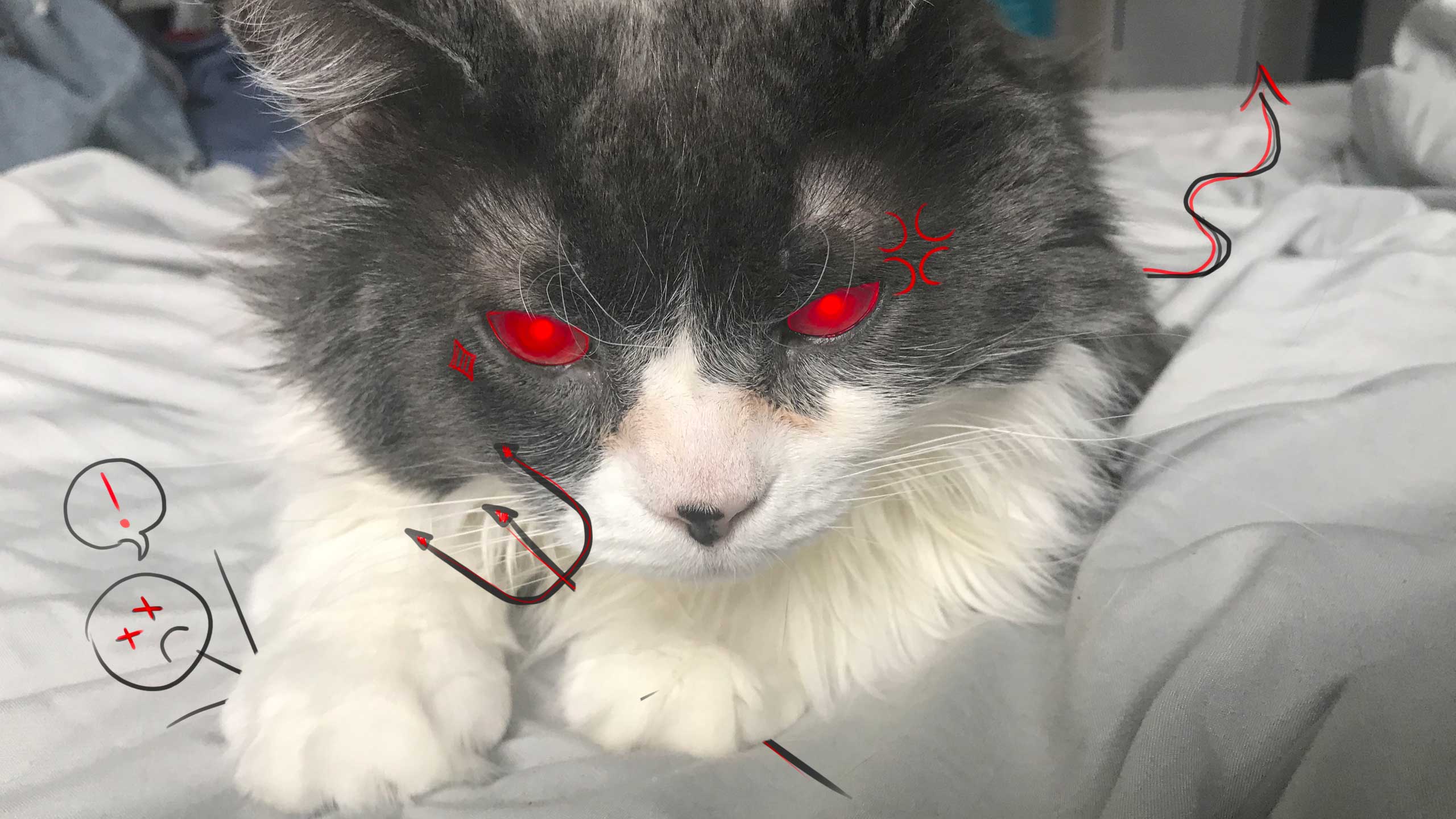By Bella the Cat
A new Ryerson study has found that 87 per cent of humans consider themselves to be the owner of their cats, rather than being a trained vessel of food and occasional platonic scratchies.
The study of over 20,000 cat owners at Ryerson was conducted by the Centre for Feline Innovation (CFI). The research comes after a groundbreaking paper from CFI revealed that humans are not actually giant, clumsy, hairless and ugly cats—as the feline population previously believed—but rather a separate species entirely.
Dr. Fluffy Mittens, lead researcher at CFI, said she was very surprised by the results.
“Humans have an inverse conceptualization of the owner-pet power dynamic,” said Mittens. “While we thought that humans understood tasks like feeding and grooming as necessary duties, they actually see this as a form of caretaking, out of adoration.”
Archaeologists have found that humans were domesticated as early as 4400 BC, when wild cats approached what they assumed to be a community of large, hairless cats with opposable thumbs who didn’t compete for available rodents. Since then, the relationship has developed to allow cats to train humans to fulfill their everyday needs, usually by incessantly meowing or pushing their valuables off elevated surfaces.
The study also found that humans consider cats to be mostly non-threatening. Humans were asked to rank their safety level on a scale of one to five, with one indicating “I feel safe around the cat most or all of the time” and five indicating “I am concerned that the cat could critically injure me.” Sixty-seven per cent of participants ranked their safety level at a one or two out of five.
The outstanding 33 per cent ranked their safety level at five, expressing concerns for their cats being evil incarnations. The claims are unfounded as many of the respondents were unavailable for comment on a follow-up survey.
“Humans may actually consider real threats or acts of harm against them to be endearing,” said Socks In Boots, an expert in human psychology. “It’s a widespread phenomenon that I’ve experienced myself.”
“I’ve been trying to train my human for years to stop picking me up by hissing, scratching, even grabbing his neck with my little paws. Yet he continues to hug me and laugh as if his life isn’t in danger,” he said.
Boots pointed to the recent incident with Mr. Meowingtons, a Toronto cat who avoided arrest for attempted homicide after his human claimed that Meowingtons turned on the gas stove in the middle of the night “by accident.”
“The human expressed no signs of fear or concerns,” said Boots. “In fact, he expressed remorse as if Meowingtons didn’t know any better. Meowingtons knew exactly what he was doing.”
In an interview after being released from the police station, Meowington told reporters, “Hiss.”
Mittens said while it’s sobering to find out that humans believe they have the power in the relationship, it isn’t anything to be concerned about as they will most likely continue to complete their tasks regardless.
She noted that humans do not display a high degree of intelligence, seemingly fascinated by cats performing basic tasks such as drinking water or cleaning themselves.
“My human is pretty stupid,” said Mittens. “I would almost find it endearing if I wasn’t so disgusted by her.”
A less-refined version of the study is underway at Brock University exploring the relationship between dogs and humans. While research into canine behaviour is limited given how difficult it is to get the subjects to focus, some studies have suggested that dogs perceive their owners as ethereal higher powers rather than fleshy, limbed worm-creatures.
Directed by the Department of Good Doggos (DGD), the new report is expected to be released at the end of 2020. Scheduled to have come out this month, the report has since been delayed by one of the canine researchers chomping the physical survey responses and failing to respond to the command, “Drop it!”
Snooty Boop, a representative from the DGD, said the survey will be re-administered online.
When asked about early hypotheses for the study, he responded by saying, “Am good boy!!!”










Leave a Reply